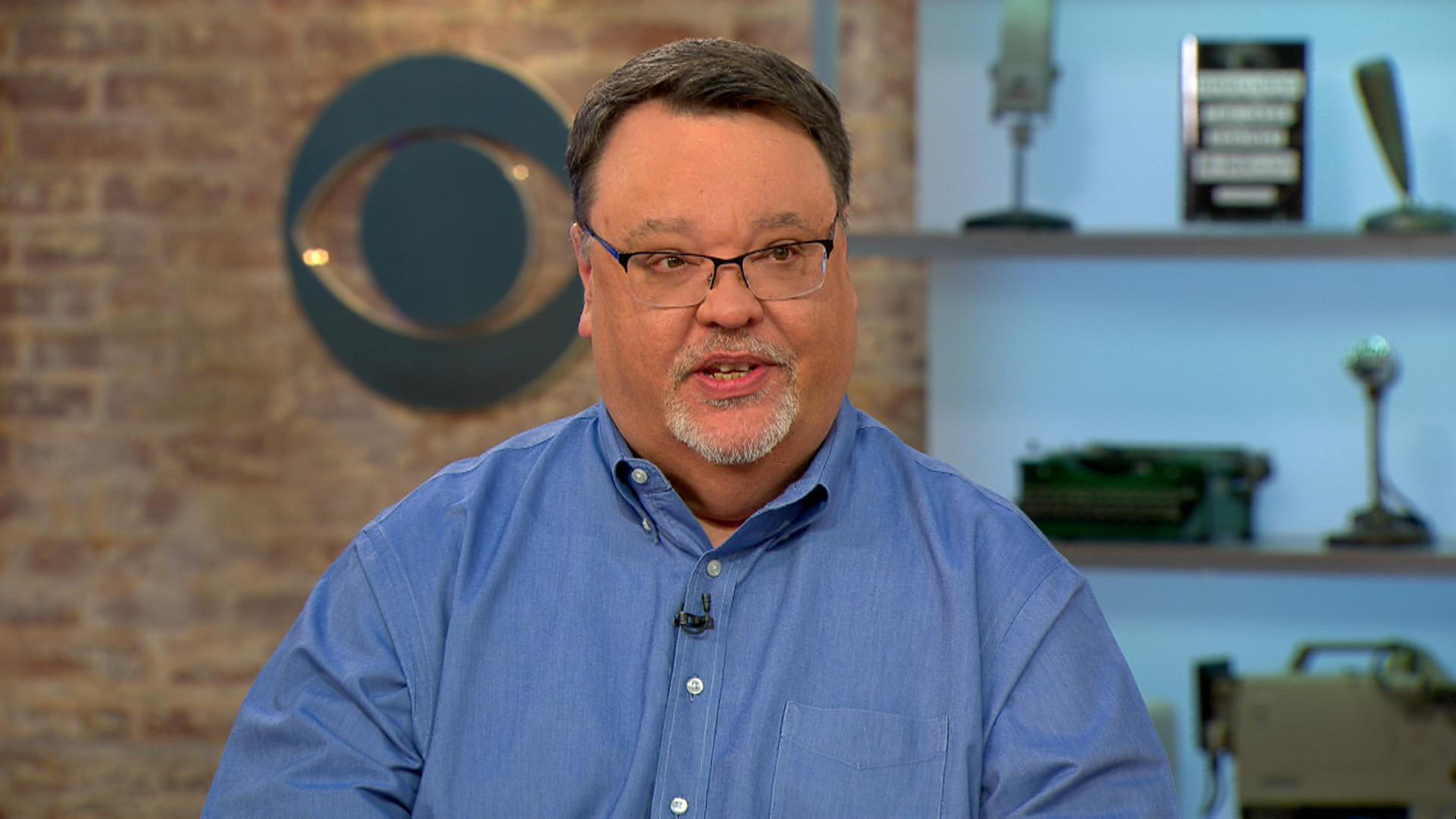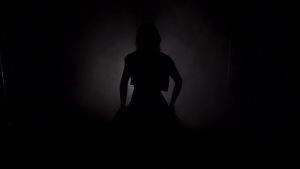The singer, who has pleaded not guilty to all the charges in the cases and has steadfastly maintained his innocence, has been behind bars since July 2019.
One of his attorneys in the Chicago case, Steve Greenberg — who was also on Kelly’s defense team in the New York case before asking to be removed — tells Billboard that it’s likely the “I Believe I Can Fly” star may never walk free again.
“The Chicago case probably won’t ever go to trial,” Greenberg tells Billboard. “We’ll work out a concurrent plea or something like that.
He’s going to get launched. U.S. district court Judge Donnelly who presided over the New York case is going to make sure he never gets out of jail.”
Michael Leonard — another Chicago-based lawyer who asked to be excused from the New York case but is still representing Kelly in the federal case in Illinois — tells Billboard that he also expects his client will face a “possible lengthy” sentence from Judge Donnelly at the May court appearance.
“If it is a substantial sentence, that could very well mean that the other jurisdictions will not want to expand their resources on long trials for Mr. Kelly,” Leonard says.
“Or that they may be much more interested in plea bargaining with Mr. Kelly.”
If the latter is the case, Leonard says the “most logical” outcome would be that nothing goes forward in the other cases, especially the trials, “until the landscape is clarified by Judge Donnelly’s sentence.”
By the time of the sentencing in the New York case Kelly will have been locked up for nearly three years.
Even as Kelly faces the potential of dozens of additional years behind bars in the other cases, or even the rest of his natural life, one of the most dogged reporters on the case for the past two decades, Chicago journalist Jim DeRogatis, recently told the New York Times’ music podcast Popcast that speculation about the amount of time Kelly could serve after the additional trials could all actually be a moot point.
Asked if he was afraid Kelly could be freed on appeal following the New York verdict, DeRogatis pointed to those other cases the once high-flying R&B star faces, as well as one very simple reason he’ll likely spend the rest of his life in lockup: money.
“The other big reason, bigger than #MeToo was, Kelly is broke,” DeRogatis said of the once-arena-packing star who has effectively been grounded since 2018.
And prevented from earning lucrative touring revenue, as well as having his two official YouTube channels permanently disabled following the New York verdict and getting dropped by his longtime label, RCA Records, before the New York trial.
After living a lavish lifestyle for years, Kelly’s finances appear to be in free-fall. Crain’s Chicago Business reported that a $2.9 million foreclosure was filed on Kelly’s suburban Chicago mansion in 2011, and it was auctioned off in 2013 for $950,000.
Additionally, the Chicago Sun-Times reported at the time that he owed the IRS more than $4.8 million.
He was evicted from two Atlanta-area homes over more than $31,000 in 2018, and the following year he told a judge he couldn’t pay $161,000 in back child support.
DeRogatis pointed to what he deemed the bungling defense team that represented the singer in New York as “absolutely bargain basement,” a sure sign that the singer wouldn’t be able to pay for the kind of top-tier defense team stars typically hire in such serious cases.
Though the prospects for Kelly being released anytime soon seem dim, Chicago-based former federal prosecutor Renato Mariotti tells Billboard the handful of cases in different courtrooms could work in his favor.
“While I think it’s possible that R. Kelly will be imprisoned for the rest of his life, I don’t think that is certain to happen,” says Mariotti, who spoke to Billboard about typical sentencing in such cases, but has no first-hand knowledge of the specifics in the Kelly case.
“He is facing criminal charges in multiple jurisdictions, as well as a serious conviction in federal court in Brooklyn,” Mariotti adds.
“But the judge in Brooklyn has wide discretion regarding his potential sentence, and there are issues that could be raised on appeal to challenge his conviction or sentence.”
Agreeing with Leonard, Mariotti speculated that a negotiated resolution between Kelly’s team and prosecutors in which he admits to all of the conduct in the other jurisdictions and “a single judge in one jurisdiction considers that conduct and sentences him” could save the singer from a lifetime behind bars.
“This would give some measure of certainty to both sides, but likely would only be possible if the agreement gives R. Kelly at least the possibility that he will not spend the rest of his life in prison,” Mariotti says.










